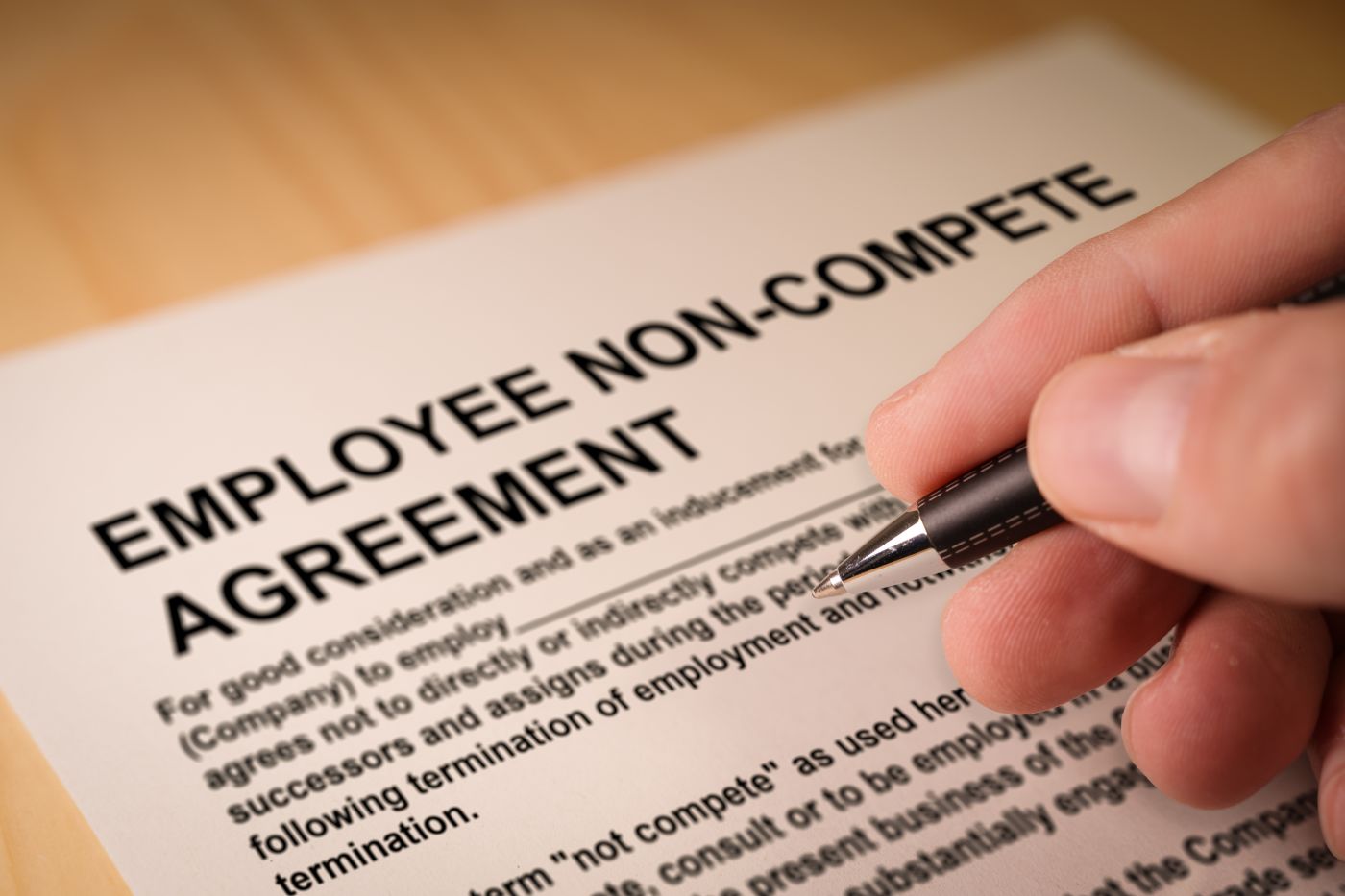
Running a business goes beyond delivering services and managing employees—it also requires strict compliance with wage and hour laws. These regulations dictate how employees are paid, how hours are tracked, and how overtime is calculated. In Minnesota, both state and federal laws impose rigorous standards on these matters. Noncompliance can lead to costly lawsuits, financial penalties, and damage to your business's reputation.
At Amicus Law, we help employers in the Minneapolis-St. Paul metropolitan area understand these obligations. As experienced business litigation attorneys, we know that compliance requires more than basic knowledge of the law—it requires proactive systems and consistent oversight.
By taking proper steps, employers can reduce risk and create workplaces where employees are treated fairly.
Minnesota Wage and Hour Laws
Minnesota law sets minimum wage rates, overtime requirements, and rules for employee classification. These laws work alongside federal standards under the Fair Labor Standards Act (FLSA). Employers must follow whichever law is more protective of employees.
For instance, Minnesota enforces its own minimum wage, which may differ from the federal rate. Employers who adhere solely to the federal standard could still fall short of meeting state requirements. As business litigation attorneys, we frequently assist employers in understanding these overlapping regulations.
Why Compliance Matters
Wage and hour disputes are among the most common employment-related claims. Employees who feel underpaid or improperly classified often turn to the courts. When violations are found, damages can include back pay, penalties, and attorneys’ fees.
Beyond financial costs, violations damage trust between employers and employees. They also draw scrutiny from regulators and create reputational harm in the community. By working with business litigation attorneys, employers can prevent disputes before they escalate into lawsuits.
Minimum Wage Requirements in Minnesota
Minnesota sets different minimum wage rates depending on business size. Large employers must pay a higher rate than small employers. The state updates these rates annually to account for inflation.
Employers must also comply with rules regarding tipped employees, training wages, and youth wages. Misunderstanding these distinctions can quickly lead to underpayment claims. We advise businesses to review wage rates regularly and confirm they are paying employees the correct amounts.
Overtime Rules and Exemptions
Overtime is another common source of disputes. In Minnesota, employees must receive overtime pay at one and a half times their regular rate for hours worked beyond 48 in a workweek. Federal law requires overtime after 40 hours per week, which means most employers must follow the stricter federal standard.
Not all employees are entitled to overtime. Exemptions exist for certain executive, administrative, and professional employees. However, misclassifying workers as exempt is a frequent mistake. As business litigation attorneys, we help employers evaluate job duties and salaries to make sure exemptions are applied correctly.
Proper Employee Classification
Correctly classifying workers as employees or independent contractors is critical. Independent contractors are not covered by wage and hour laws, but misclassifying an employee as a contractor can lead to serious penalties.
Courts and regulators look at factors such as control over work, method of payment, and whether the worker provides services to other clients. We encourage employers to use written agreements and regularly review worker classifications to avoid costly disputes.
Recordkeeping Obligations
Employers in Minnesota must maintain accurate records of hours worked, wages paid, and other employment details. These records must be kept for a set number of years and be available for inspection by regulators.
Failure to maintain records often weakens an employer’s defense in a wage and hour dispute. Clear timekeeping systems, payroll software, and consistent policies are essential. Business litigation attorneys often see cases where incomplete records shift the advantage to employees.
Common Compliance Mistakes
Employers sometimes believe they are compliant when errors still occur. Some of the most common mistakes include:
Paying the wrong minimum wage: Confusing state and federal requirements.
Misclassifying employees: Incorrectly labeling workers as exempt or as independent contractors.
Ignoring overtime rules: Failing to calculate pay after 40 hours in a week.
Poor recordkeeping: Missing or incomplete time and wage records.
Failing to train managers: Supervisors unaware of wage laws create unintentional violations.
Identifying and correcting these mistakes early helps prevent disputes.
Training and Education for Employers
Training is one of the most effective ways to guarantee compliance. Employers should educate managers, payroll staff, and supervisors about wage and hour laws. Training should include how to track hours, approve overtime, and address employee concerns.
We recommend holding regular training sessions, especially when laws change. Business litigation attorneys can also provide workshops tailored to specific industries, making sure that employers understand how the rules apply to their operations.
Audits in Compliance
Internal audits are a valuable tool for compliance. Employers should periodically review payroll practices, employee classifications, and timekeeping systems. These audits identify potential issues before employees file complaints.
A detailed audit may include reviewing sample paychecks, checking classification decisions, and confirming compliance with both state and federal laws. Our firm often conducts these audits for clients, giving them confidence that their systems meet legal standards.
Handling Employee Complaints
Even with strong policies, employee complaints may arise. How employers respond to these concerns matters. Prompt investigation and resolution show that the business takes compliance seriously.
Employers should establish clear procedures for employees to raise wage concerns. Written policies, open communication, and timely responses all reduce the likelihood of disputes escalating into lawsuits. With the help of business litigation attorneys, employers can address complaints while minimizing legal risks.
The Impact of Federal and State Agencies
Regulators play a significant role in enforcing wage and hour laws. The U.S. Department of Labor and the Minnesota Department of Labor and Industry investigate complaints, audit records, and pursue penalties for violations.
Employers under investigation must provide documentation and respond to inquiries. A poor response may result in fines or litigation. We often represent clients in these investigations, helping them provide information while protecting their legal interests.
Strategies for Reducing Risk
Employers can take proactive steps to reduce the risk of wage and hour violations. Effective strategies include:
Use reliable payroll systems: Automate calculations to reduce errors.
Conduct regular audits: Identify compliance issues before they become claims.
Provide written policies: Make sure employees understand timekeeping and pay procedures.
Train staff consistently: Keep managers and payroll staff updated on the law.
Consult business litigation attorneys: Gain tailored advice based on industry needs.
These practices reduce liability and create a culture of fairness.
How Litigation Arises From Wage and Hour Disputes
When disputes are not resolved internally, litigation may follow. Employees may file lawsuits seeking back pay, damages, and attorneys’ fees. Class actions are also common, especially when multiple employees are affected by the same issue.
Litigation can be costly and time-consuming. Employers must devote resources to discovery, depositions, and trial preparation. We work with clients to resolve disputes efficiently, but we also emphasize prevention as the best approach.
The Benefits of Proactive Compliance
Proactive compliance benefits both employers and employees. Employees gain confidence that they are being paid fairly, which increases morale and reduces turnover. Employers avoid costly disputes and maintain reputations as fair and responsible organizations.
We believe compliance is not just about avoiding penalties—it’s about building strong workplaces. As business litigation attorneys, we encourage employers to view compliance as an investment in long-term stability.
Contact Us Today
At Amicus Law, we assist employers throughout the Minneapolis-St. Paul metro area in addressing wage and hour compliance. Our experienced business litigation attorneys offer comprehensive support, including training, audits, and skilled representation in disputes. If your business needs reliable guidance, we’re here to help. Call today to schedule a consultation.



